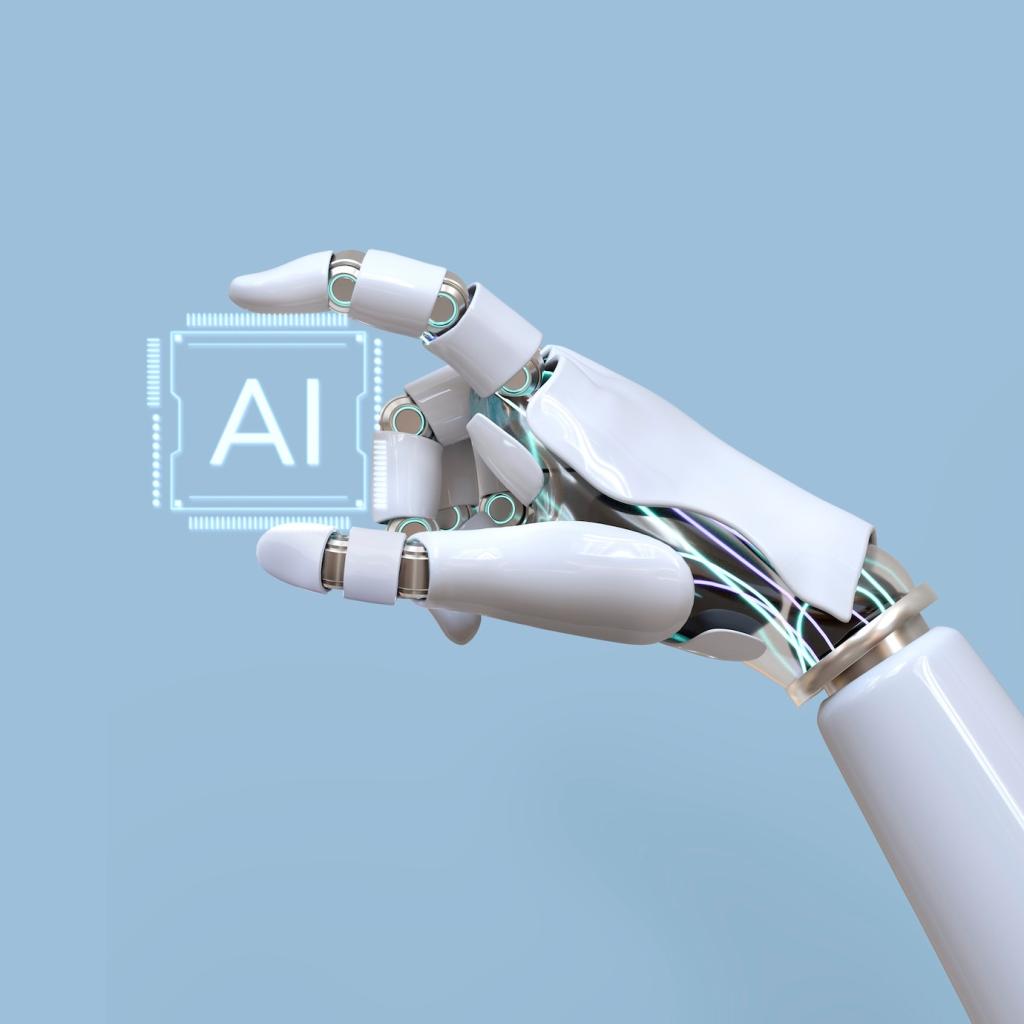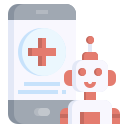How AI is Shaping Individualized Healthcare
Artificial intelligence (AI) is rapidly transforming the landscape of healthcare, ushering in a new era of personalized medicine and patient-centric care. By harnessing vast amounts of data and advanced algorithms, AI technologies are enabling healthcare providers to tailor treatments and interventions to each individual’s unique needs, history, and genetic profile. This shift toward individualized healthcare holds the promise of more effective therapies, earlier disease detection, and enhanced patient outcomes. The following sections explore the diverse ways AI is driving the evolution of personalized healthcare, revolutionizing diagnostics, optimizing treatment strategies, and empowering both patients and clinicians.
AI-Powered Diagnostics: Precision at the Patient Level
Advanced Imaging Interpretation
AI algorithms are now adept at interpreting complex medical images such as X-rays, MRIs, and CT scans. These systems can detect subtle abnormalities, measure disease progression, and even predict patient risk with remarkable accuracy. In radiology, for example, AI-assisted tools have demonstrated their ability to identify cancers, fractures, or neurological changes at an early stage. By integrating previous scans and patient-specific information, these algorithms support radiologists in making detailed, individualized assessments—and free up valuable time for physicians to focus on patient care and consultation.
Genomic Data Analysis
With the plummeting costs of genome sequencing, AI’s ability to analyze vast amounts of genetic information is unlocking the potential of precision medicine. Algorithms can sift through millions of genetic variants to identify which ones are clinically relevant, enabling the development of individualized risk profiles or treatment plans. For conditions like hereditary cancers or rare diseases, this approach ensures that care is tailored specifically to each person’s genetic makeup, increasing the likelihood of effective intervention and helping clinicians stay on the cutting edge of medical advancement.
Real-Time Decision Support
AI-driven decision support systems analyze data from multiple sources—including wearable devices, EMRs, labs, and environmental factors—to provide clinicians with real-time insights tailored to each patient. These systems assist in flagging anomalies, suggesting differential diagnoses, and predicting complications before they arise. By synthesizing a patient’s complete medical history, current symptoms, and risk factors, AI enhances the physician’s ability to intervene early, adjust diagnoses on the fly, and recommend more personalized therapeutic strategies.
Personalized Treatment Pathways
AI systems are increasingly capable of analyzing how personal variables—such as genetics, age, lifestyle, and comorbidities—affect drug metabolism and efficacy. This information supports clinicians in choosing the right medication at the right dose for each patient, reducing the traditional trial-and-error approach. For chronic conditions like hypertension or diabetes, AI-driven medication management improves adherence, lowers adverse drug reactions, and optimizes overall health outcomes—guiding both physicians and patients toward more effective, individualized regimens.


Proactive and Preventive Healthcare
Advanced AI models can identify patients at high risk of developing certain conditions by examining a broad range of factors, from clinical records and genetic data to lifestyle choices and environmental exposures. These predictive analytics empower physicians to implement targeted screening and prevention strategies long before symptoms arise. For example, patients at heightened risk of heart disease can be enrolled in preventive care programs, with ongoing monitoring and tailored interventions designed to mitigate those risks and promote long-term health.
